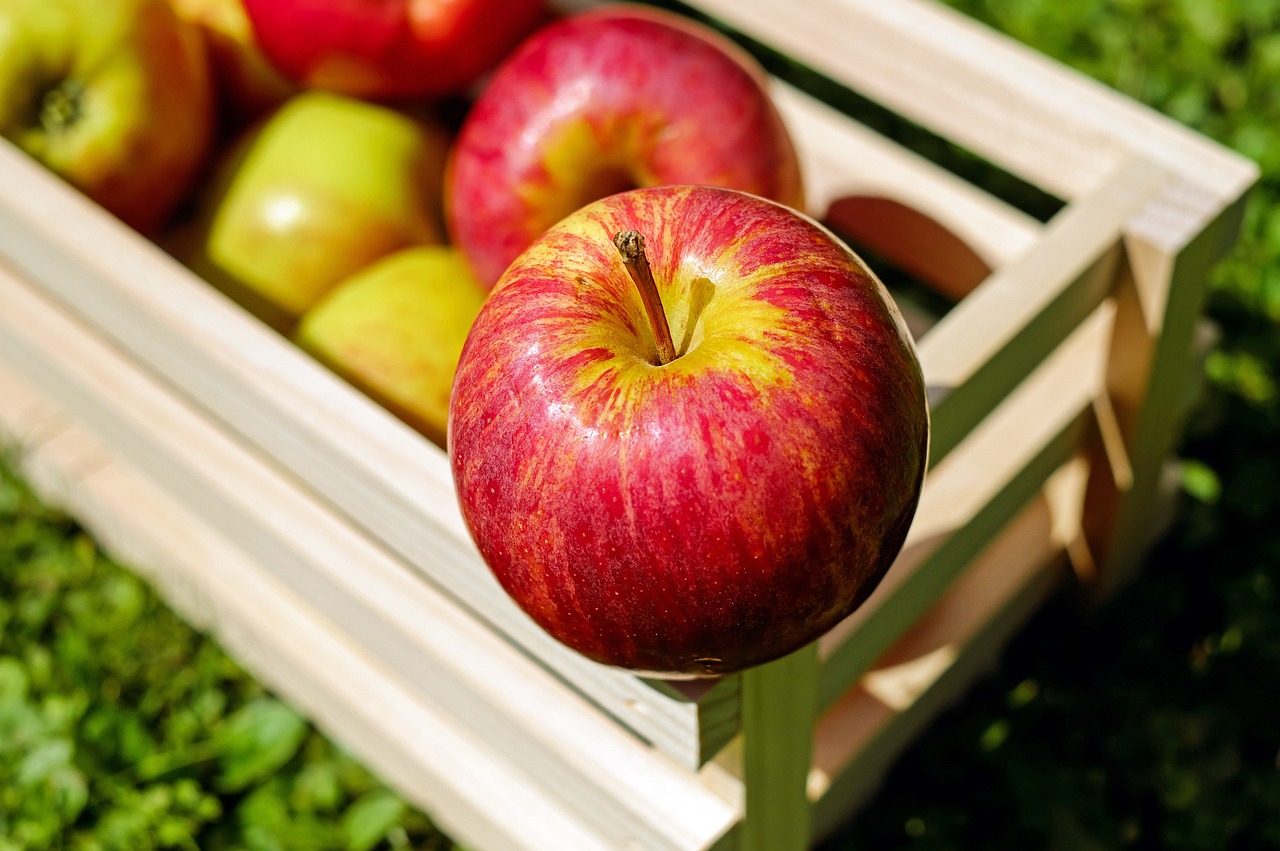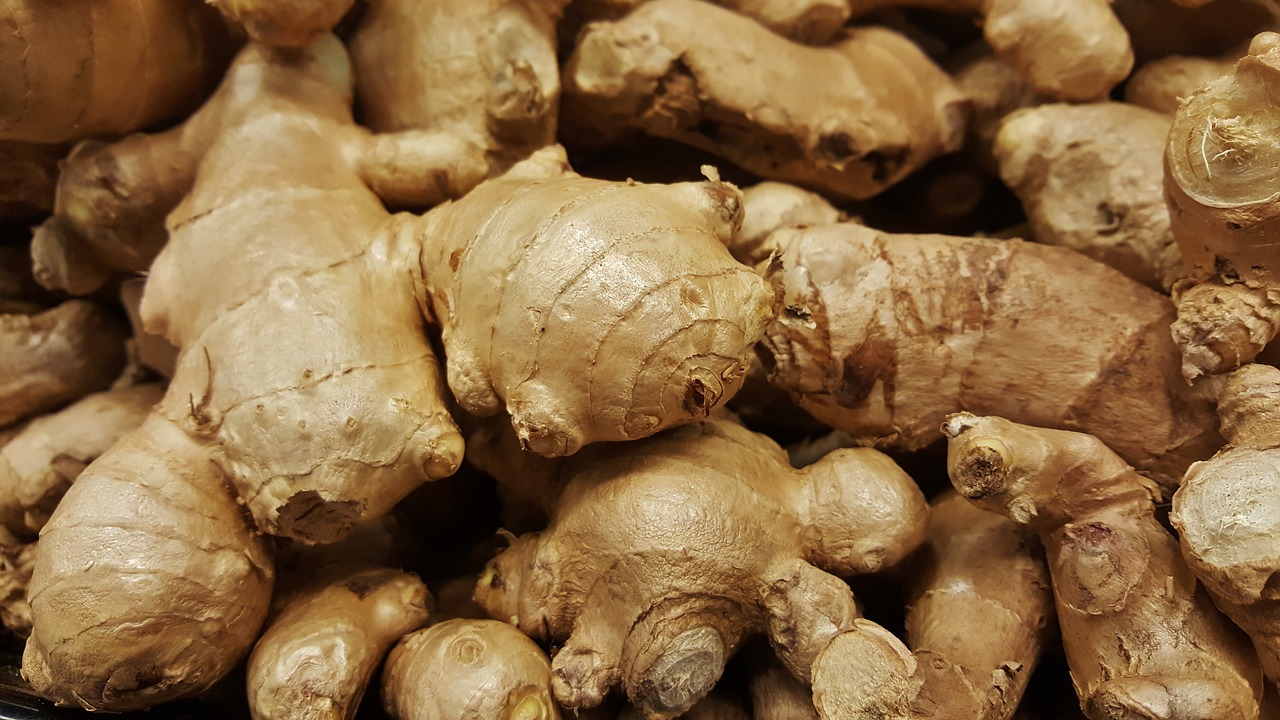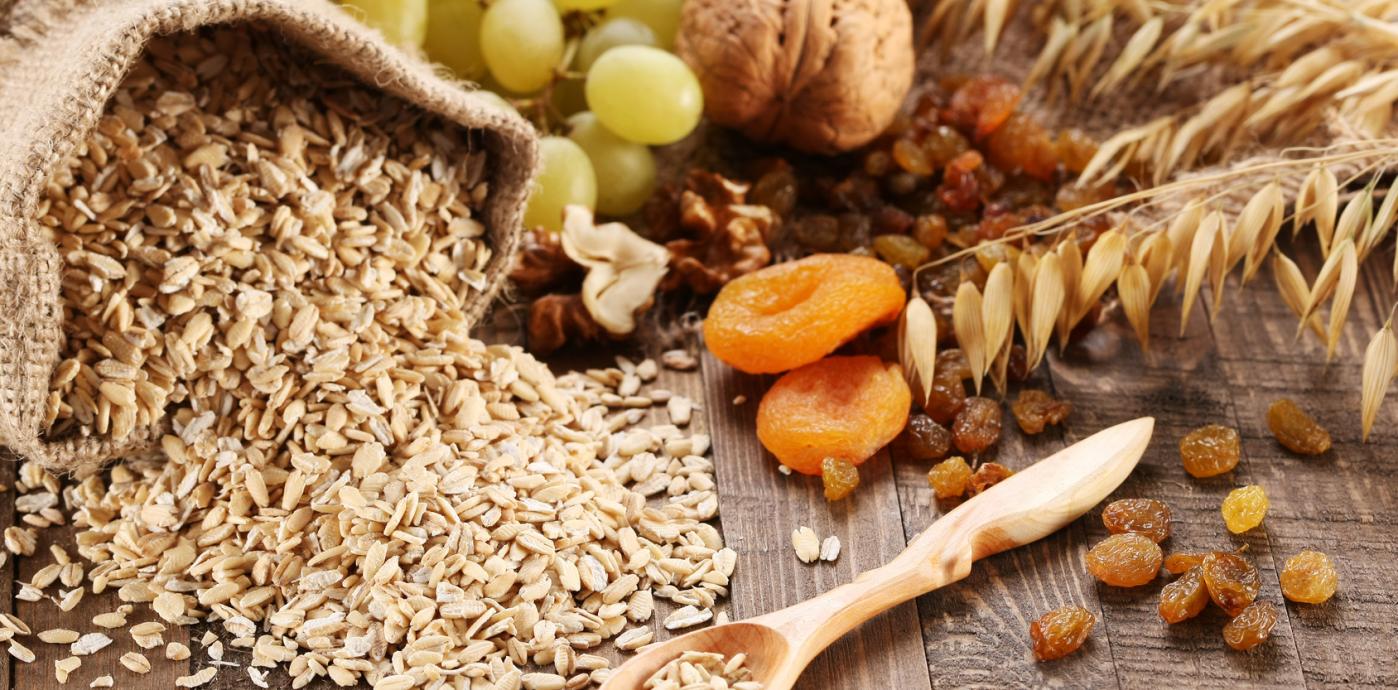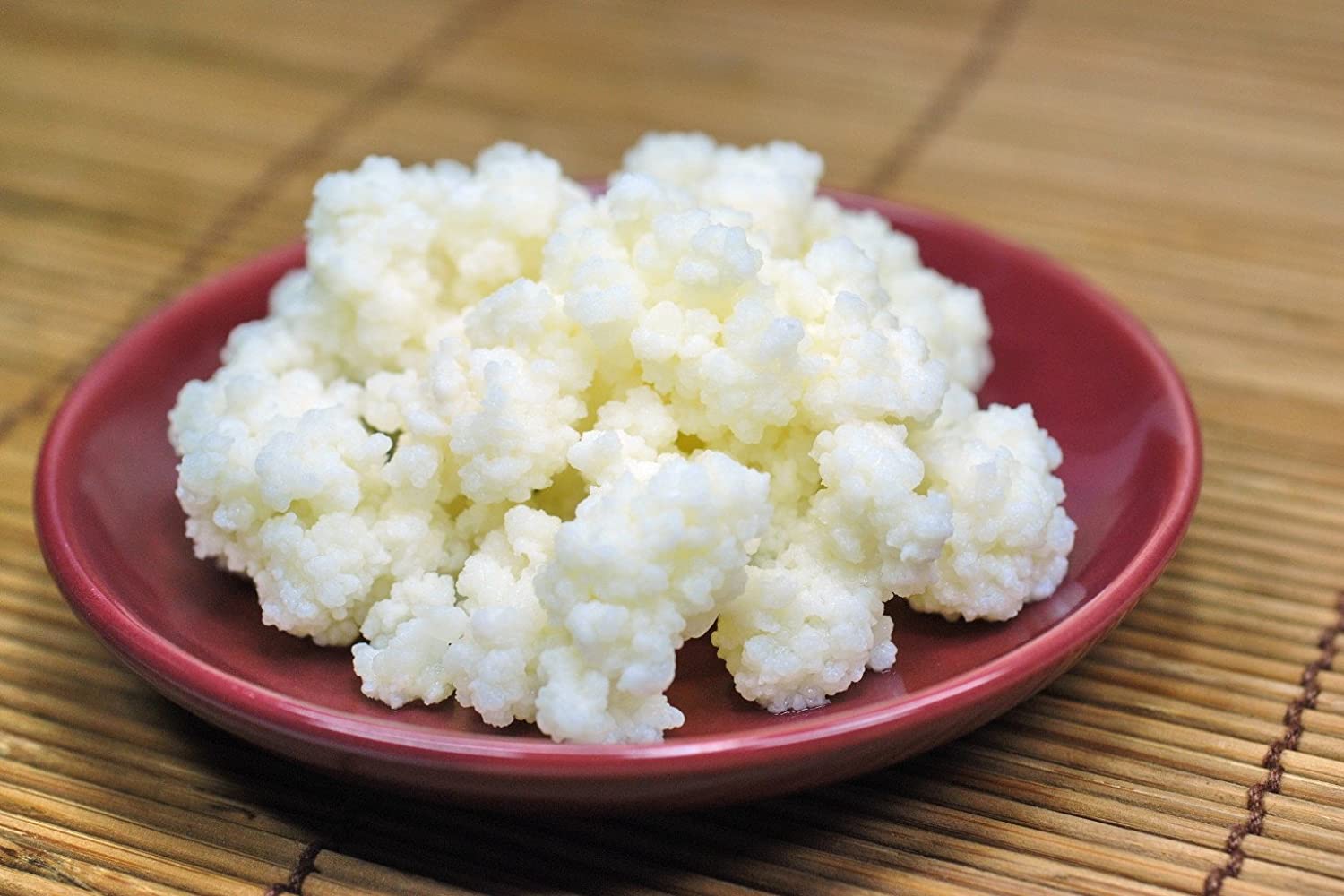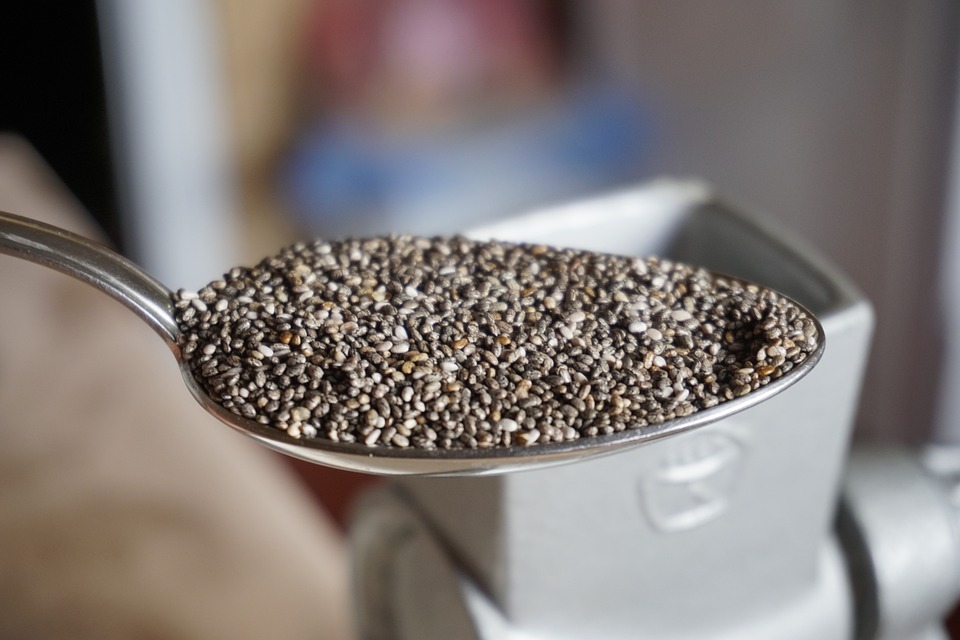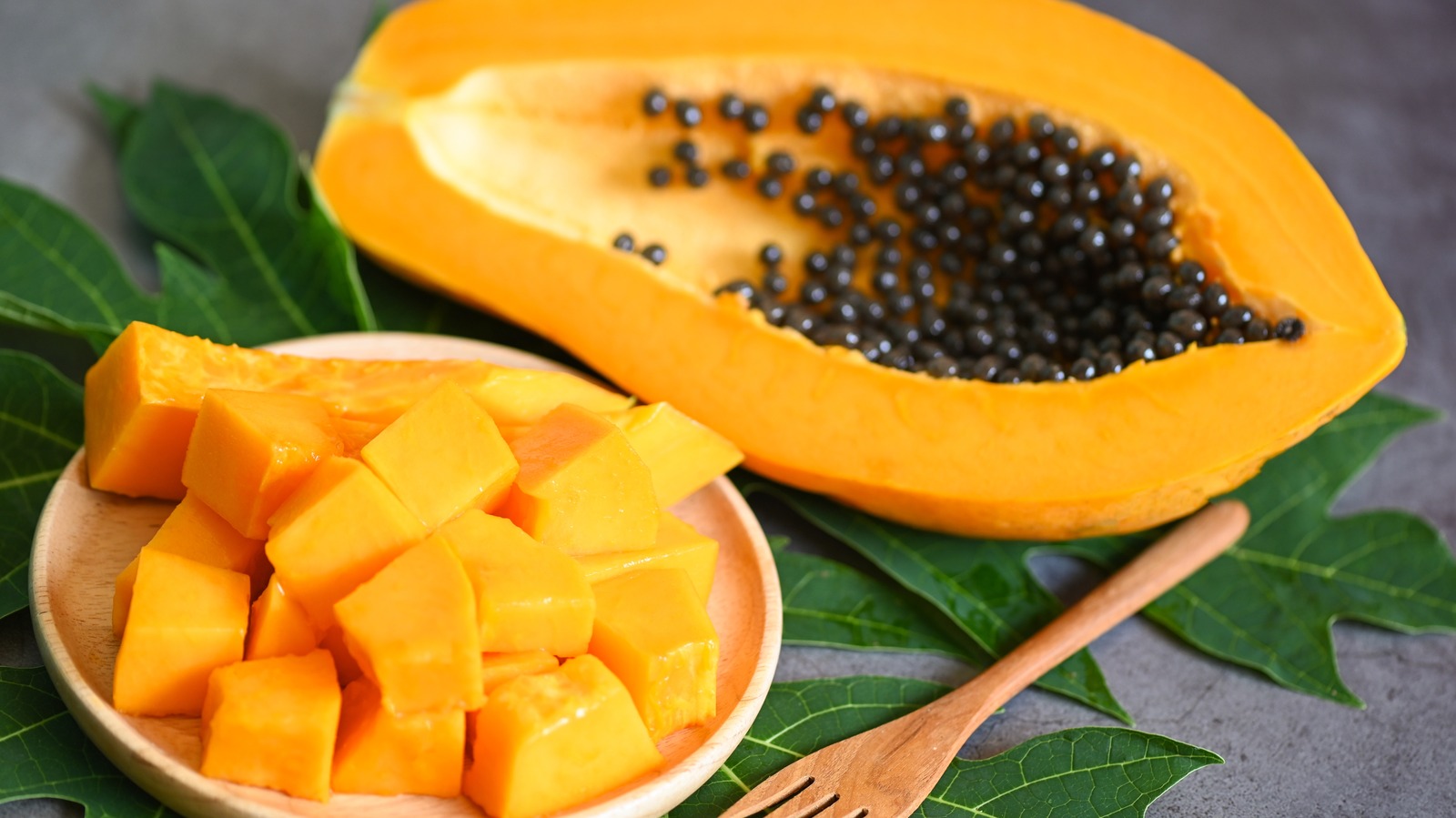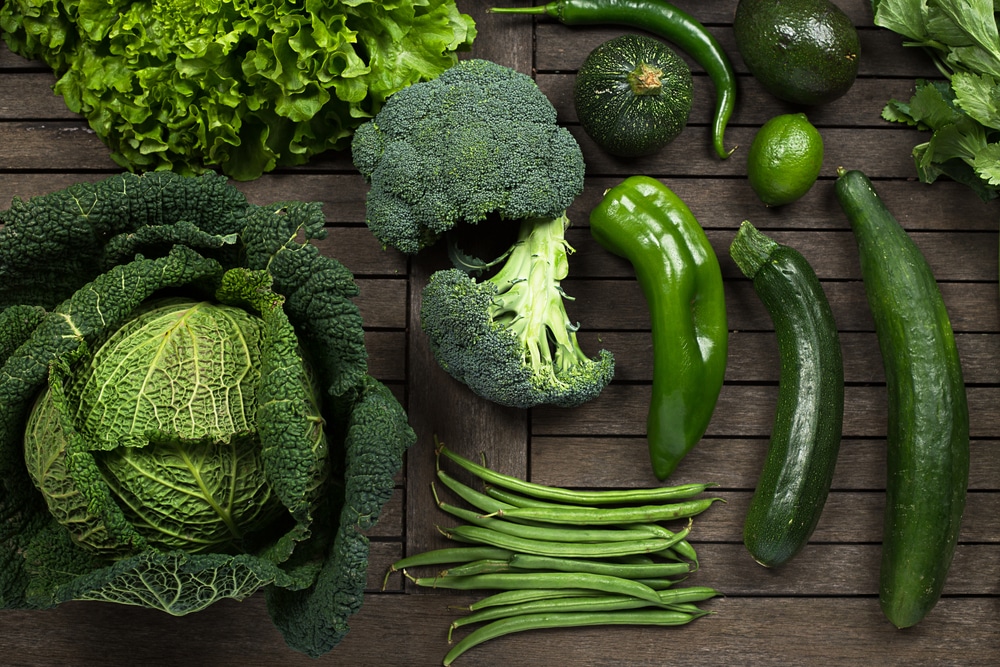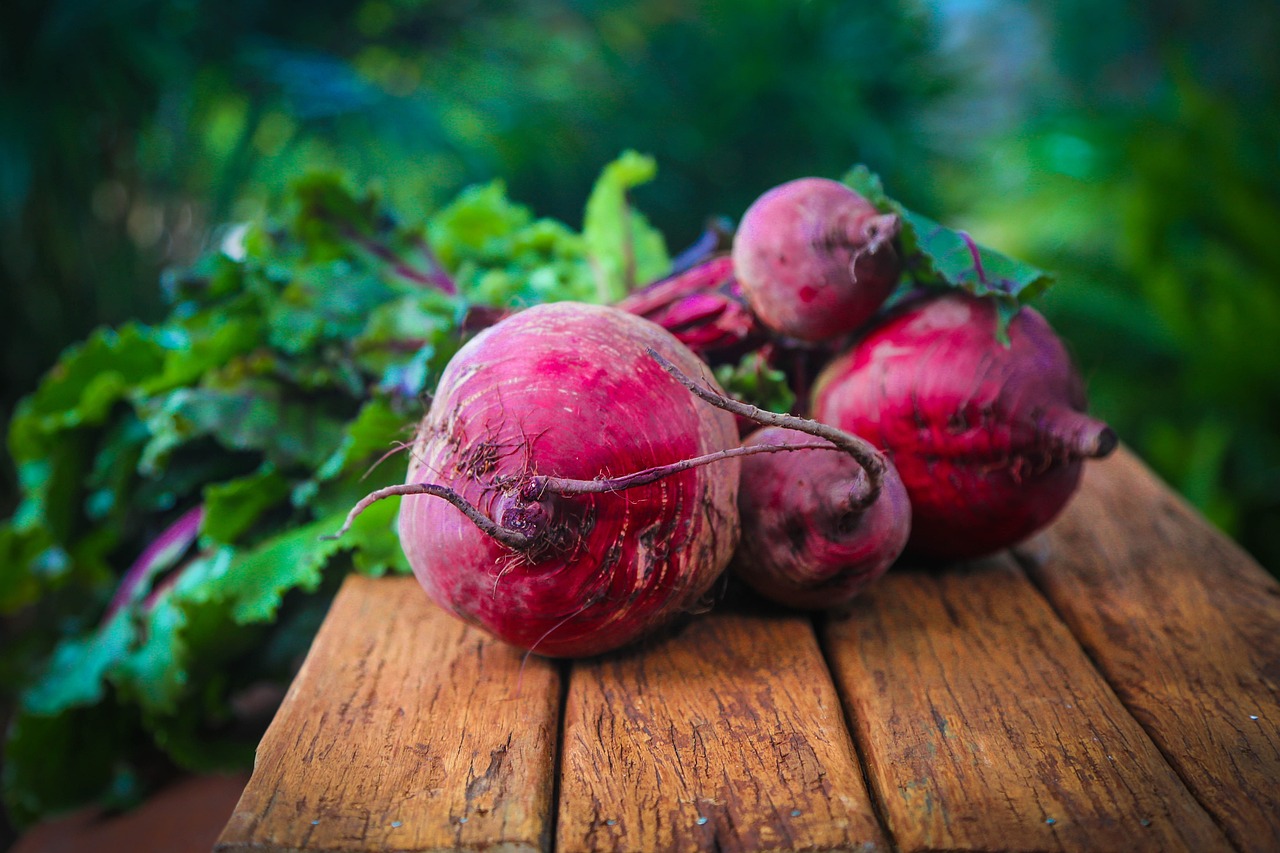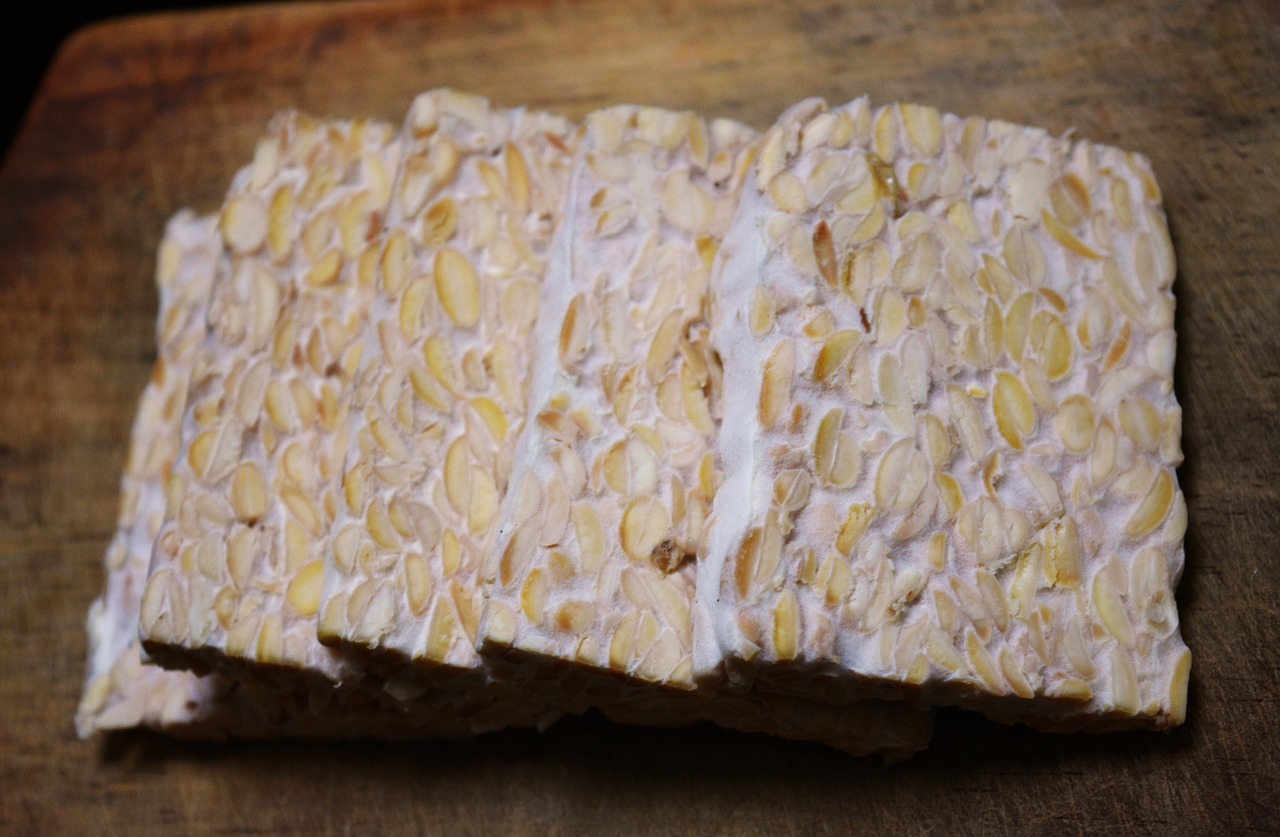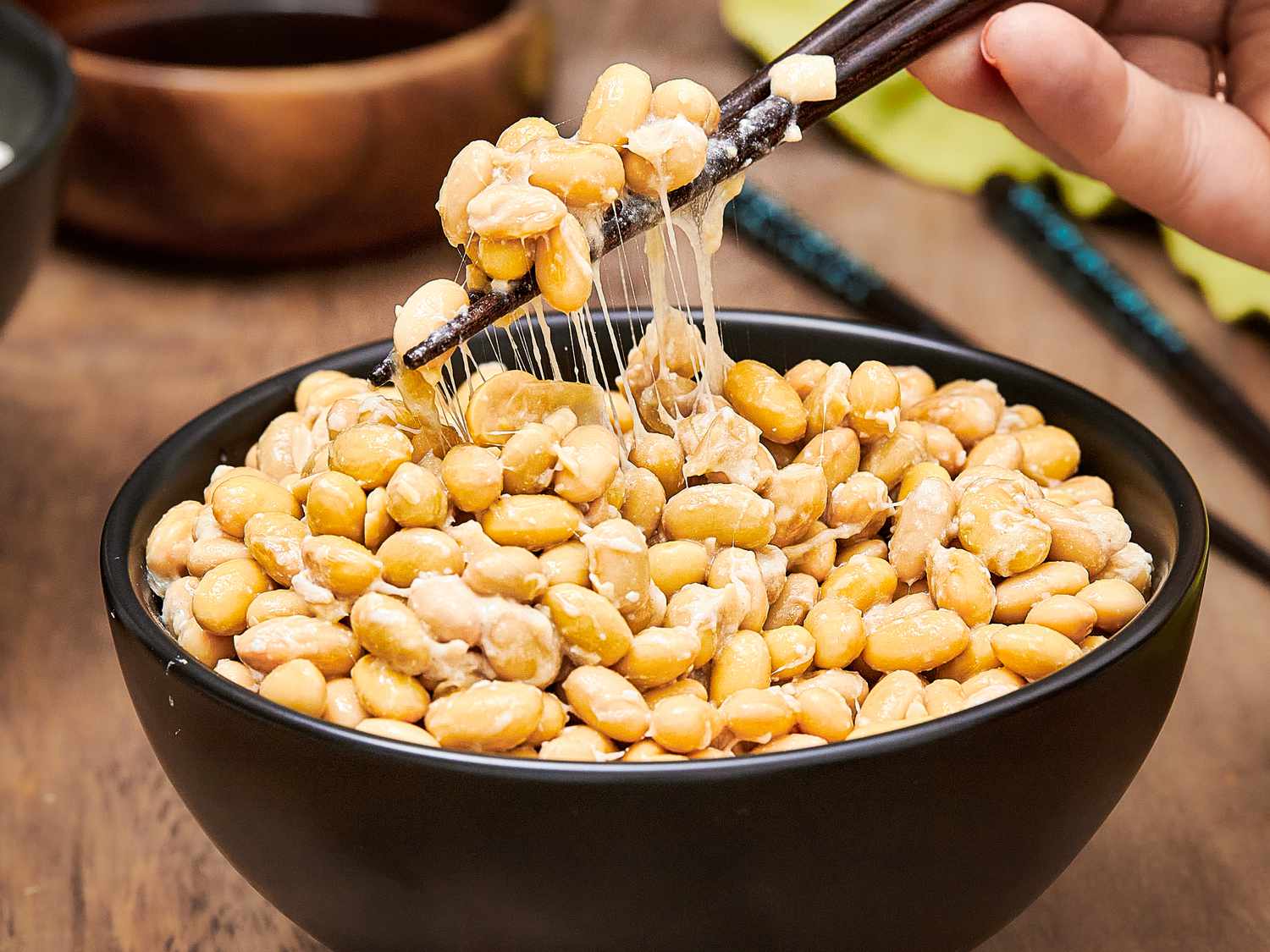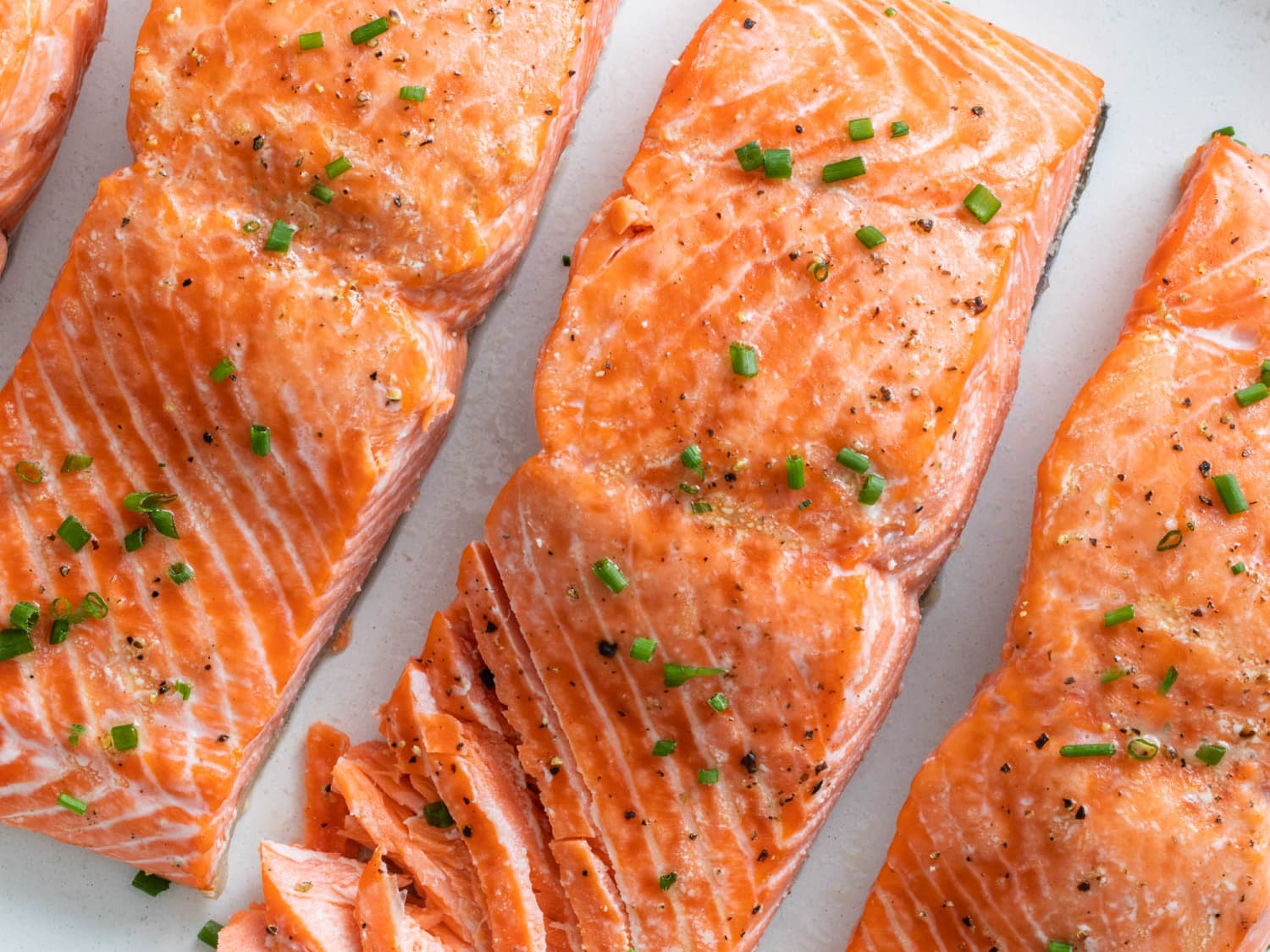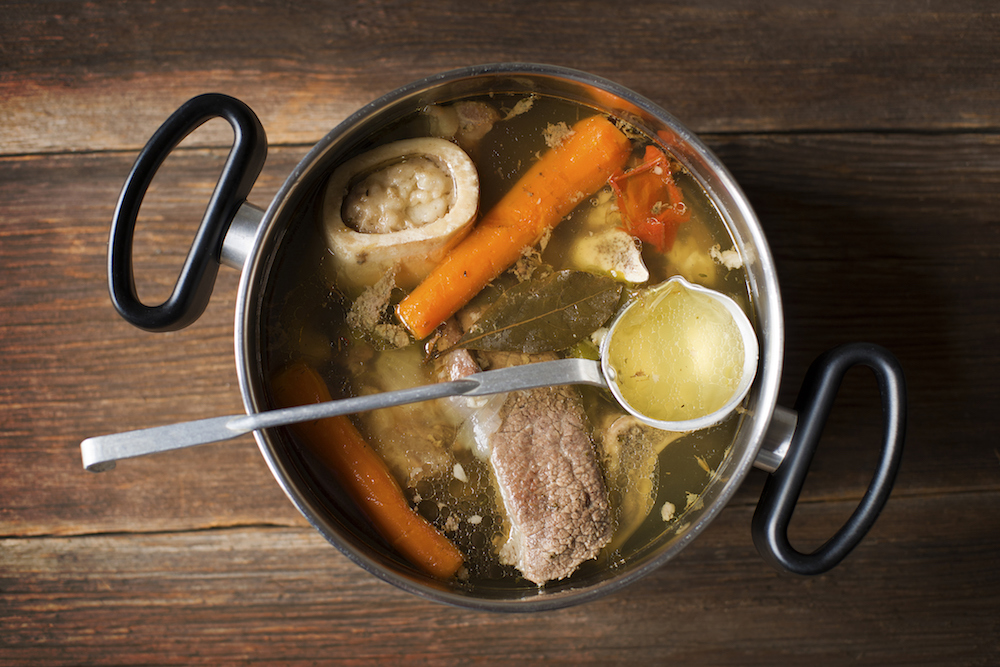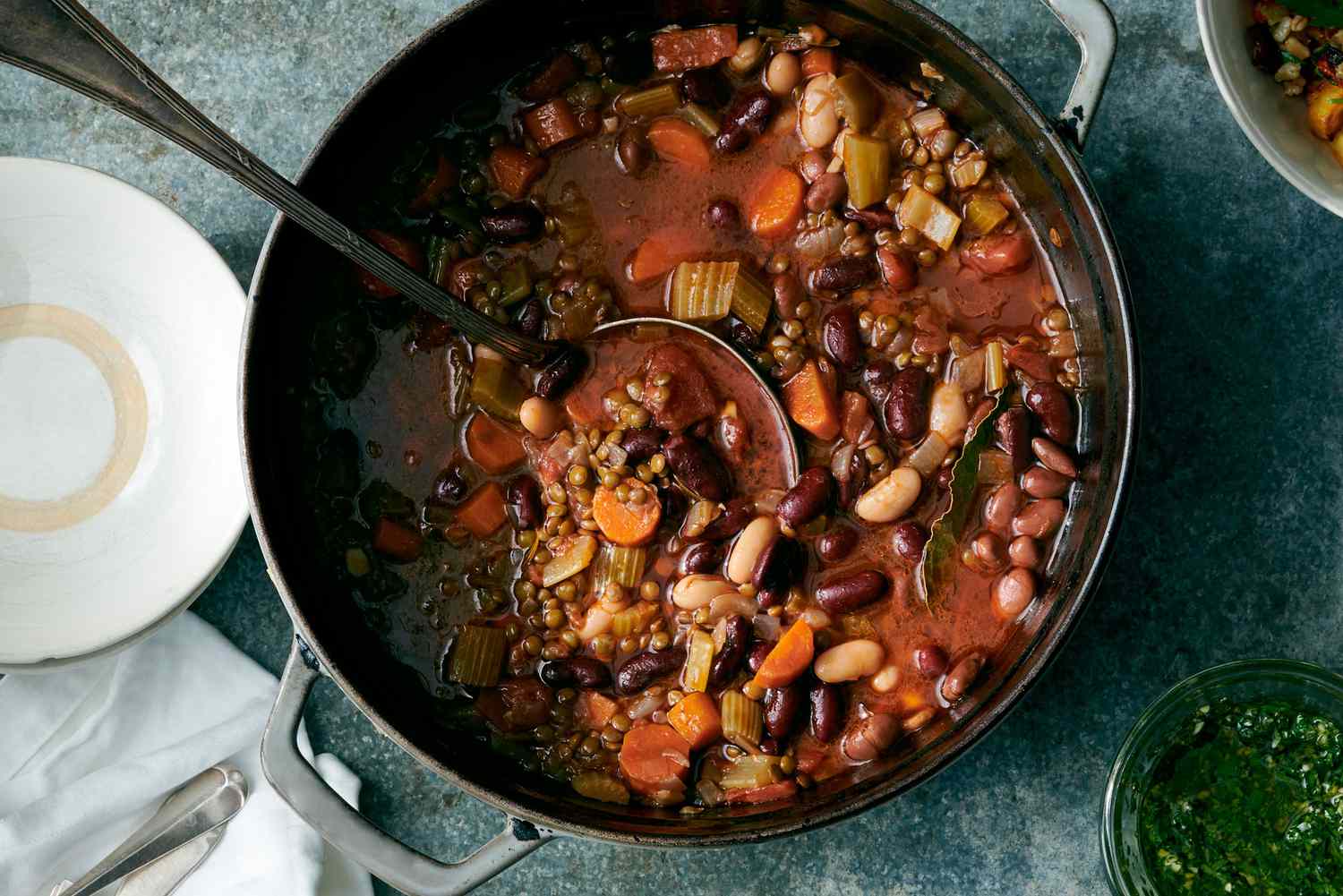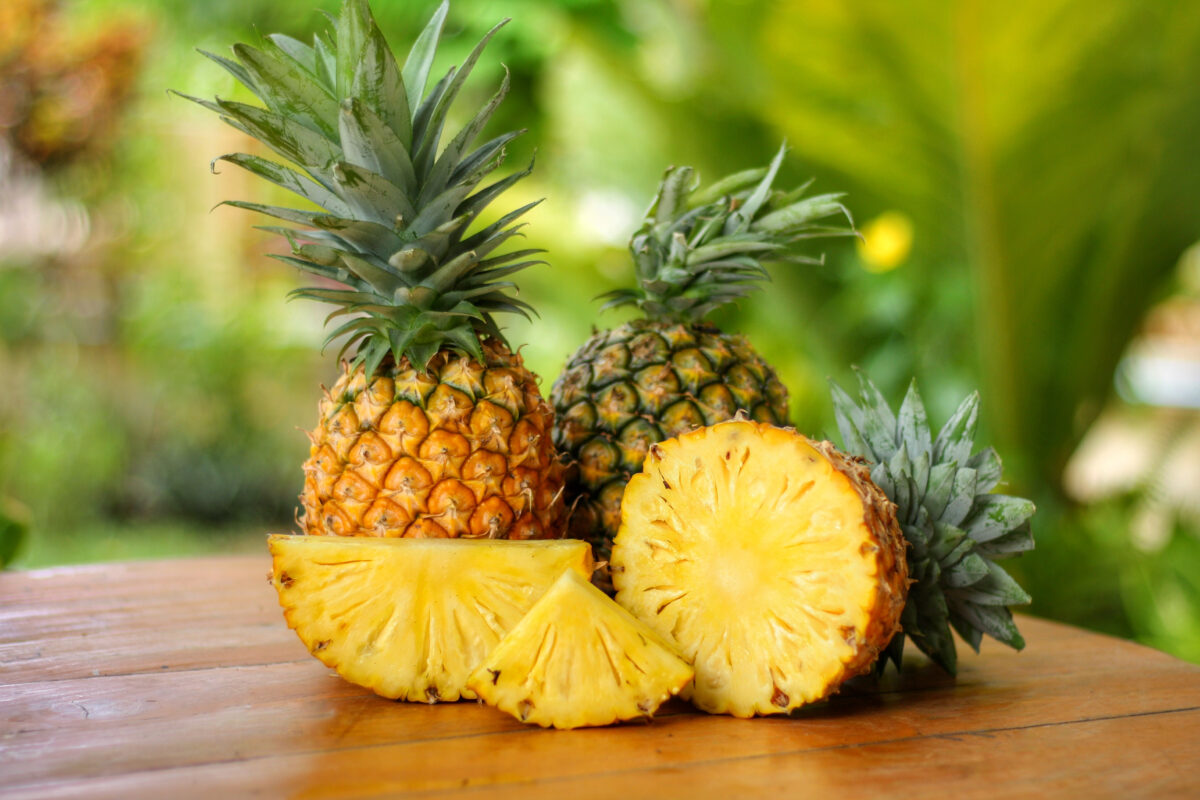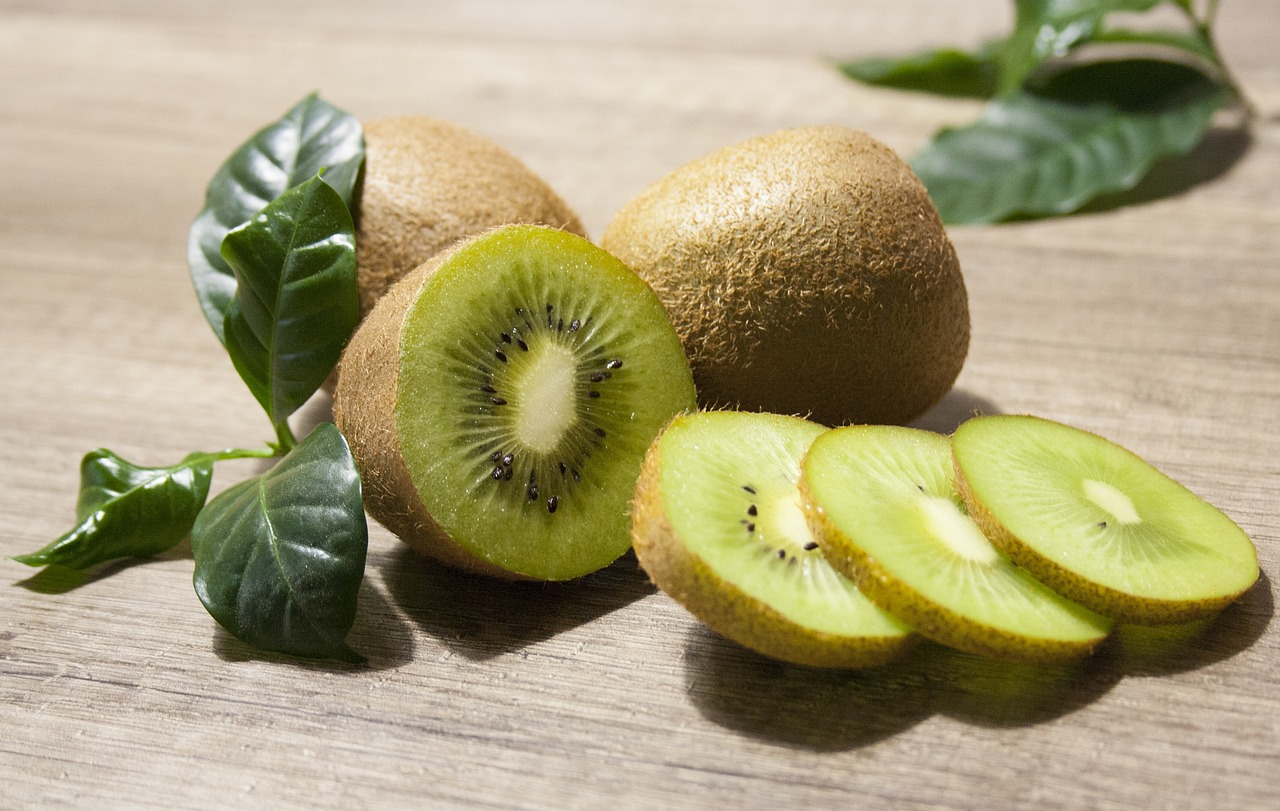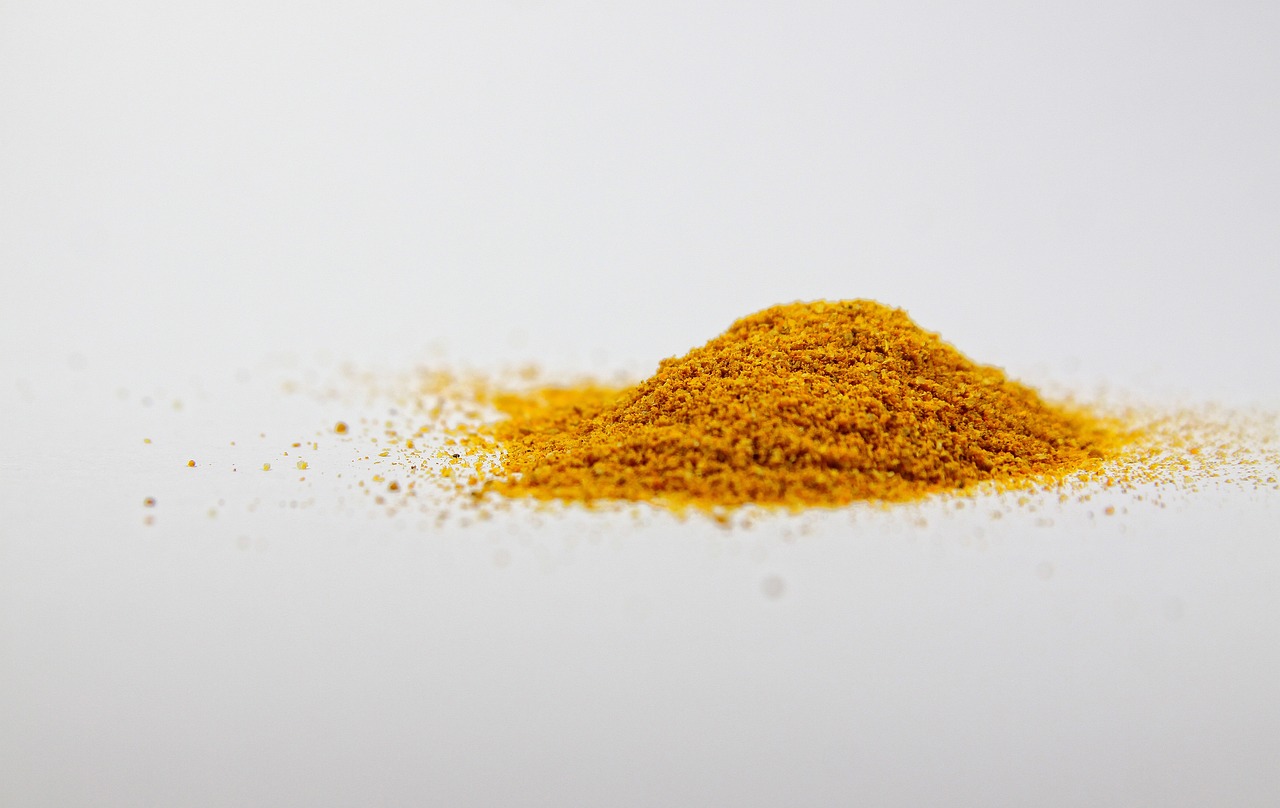
Digestive health is crucial for maintaining overall wellness. The digestive system helps break down food, absorb nutrients, and eliminate waste, ensuring the body functions effectively. Unfortunately, issues such as bloating, constipation, diarrhea, and heartburn are common due to poor dietary habits or underlying conditions like IBS and GERD.
Including digestion-friendly foods in your diet can alleviate these problems and improve gut health. Foods rich in fiber, probiotics, and essential nutrients play a significant role in supporting the digestive process.
1. Yogurt
Yogurt is a probiotic-rich food made by fermenting milk with lactic acid bacteria. Probiotics are live bacteria that promote the growth of beneficial gut bacteria, improving digestion and reducing symptoms like bloating and constipation.
Yogurt has been shown to ease lactose digestion, making it a suitable option for those with mild lactose intolerance. It also supports immune health by maintaining a balanced gut microbiome.
2. Apples
Apples are an excellent source of pectin, a type of soluble fiber that promotes digestive health. Pectin bypasses digestion in the stomach and small intestine, providing food for beneficial bacteria in the colon.
This process increases stool bulk, making apples a natural remedy for both constipation and diarrhea. Apples also contain vitamin C and antioxidants, which reduce inflammation in the gut.
3. Ginger
Ginger is a time-tested remedy for digestive issues and is widely used in traditional medicine. It accelerates gastric emptying, allowing food to pass from the stomach to the small intestine more efficiently.
This can help reduce symptoms of indigestion, bloating, and nausea. Ginger’s anti-inflammatory properties soothe the gastrointestinal tract, improving overall gut health. It’s especially helpful for pregnant women experiencing morning sickness.
4. Fennel
Fennel is a fragrant plant with a bulb and stalks that are rich in digestive benefits. Its high fiber contentsupports bowel regularity by adding bulk to stools. Fennel contains an antispasmodic agent that relaxes the smooth muscles in the digestive tract, reducing bloating and cramping.
It also helps alleviate symptoms of flatulence and indigestion. Fennel seeds can be chewed after meals to freshen breath and aid digestion. The vegetable is versatile and can be consumed raw, roasted, or added to soups and stews.
5. Whole Grains
Whole grains like oats, quinoa, and brown rice are packed with dietary fiber, making them excellent for digestion. They promote bowel regularity by adding bulk to stools and preventing constipation, highlighting the numerous whole grains health benefitsfor overall digestive health.
Whole grains also serve as prebiotics, feeding beneficial bacteria in the gut. This helps maintain a healthy microbiome, which is essential for proper digestion and nutrient absorption.
6. Kefir
Kefir is a fermented dairy product made by adding kefir grains to milk, resulting in a tangy, probiotic-rich drink. It contains multiple strains of beneficial bacteria and yeast that support gut health and digestion.
Kefir is particularly helpful for those with lactose intolerance, as its fermentation process breaks down lactose, reducing symptoms like bloating and gas. Regular consumption of kefir has been linked to a healthier gut microbiomeand reduced inflammation in the digestive tract.
7. Chia Seeds
Chia seeds are tiny nutritional powerhouses packed with soluble fiber, which supports healthy digestion. When soaked in liquid, they form a gel-like consistency that helps move food through the digestive tract.
This action promotes regular bowel movements and prevents constipation. Chia seeds act as prebiotics, feeding beneficial bacteria in the gut and improving gut health. They are also a great source of omega-3 fatty acids, which reduce inflammation in the digestive system.
8. Kombucha
Kombucha is a fizzy, tangy tea made through fermentation, resulting in a drink rich in probiotics and organic acids. These probiotics enhance gut health by increasing the number of beneficial bacteria in the digestive tract. Kombucha has been shown to improve digestion and may even help reduce symptoms of stomach ulcers.
Its organic acids support digestion by promoting the breakdown of food in the stomach. Regular consumption can help alleviate bloating and enhance nutrient absorption.
9. Papaya
Papaya is a tropical fruit known for its digestive benefits, thanks to the enzyme papain. Papain aids in breaking down protein fibers, making it easier for the body to digest protein-rich foods. It is often used in digestive enzyme supplements for this reason.
Papaya can help alleviate symptoms of irritable bowel syndrome (IBS), such as bloating and constipation. The fruit is also high in water content and fiber, which promote regular bowel movements.
10. Dark Green Vegetables
Dark green vegetables like spinach, broccoli, and Brussels sprouts are excellent for digestion due to their high fiber content. Fiber helps add bulk to stools, speeding up their passage through the digestive system.
These vegetables are also rich in magnesium, a mineral that improves muscle contractions in the gastrointestinal tract and alleviates constipation. Regularly eating dark green vegetables can promote a balanced gut microbiome and enhance overall digestive health.
11. Beets
Beets are a vibrant root vegetable packed with fiber, making them excellent for digestion. The fiber in beets bypasses digestion in the stomach and small intestine, feeding healthy gut bacteria in the colon. This promotes bowel regularity and helps prevent constipation.
Beets also contain betaine, a compound that supports stomach acid production and aids in breaking down food. They can be eaten roasted, blended into smoothies, or added to salads for a flavorful and nutritious addition to your diet.
12. Tempeh
Tempeh is a fermented soybean product that is rich in probiotics, which improve gut health and digestion. The fermentation process breaks down phytic acid, an antinutrient in soybeans, improving the absorption of minerals like zinc and iron.
Probiotics in tempeh help reduce bloating, alleviate constipation, and improve overall bowel regularity. Tempeh is also a complete protein, making it a valuable addition to plant-based diets. It can be stir-fried, grilled, or added to salads for a hearty and nutritious meal.
Read Also: High-Fiber Foods For Digestion To Add To Your Diet Daily
13. Miso
Miso is a traditional Japanese seasoning made from fermented soybeans and koji fungus, offering significant digestive benefits. It contains probiotics that improve gut health by increasing beneficial bacteria in the digestive tract. These probiotics can help alleviate diarrhea, reduce bloating, and improve bowel regularity.
Miso also provides essential nutrients, including B vitamins, which support overall metabolic processes. Adding miso to soups, marinades, or dressings is an easy way to incorporate it into your diet. Its fermentation process enhances its digestibility, making it suitable for individuals with sensitive stomachs.
14. Natto
Natto is another fermented soybean product, well-known for its rich probiotic content. A single gram of natto contains nearly as many probiotics as a full serving of yogurt, making it highly effective in promoting gut health.
The probiotics in natto help prevent constipation, enhance nutrient absorption, and protect against harmful bacteria. Natto also contains fiber, which supports regular bowel movements and overall gut function. It’s typically eaten with rice or combined with toppings like soy sauce, green onions, or kimchi.
15. Salmon
Salmon is an excellent source of omega-3 fatty acids, which play a crucial role in reducing inflammation in the gut. Chronic gut inflammation, often linked to conditions like IBS and Crohn’s disease, can impair digestion and nutrient absorption.
Omega-3s in salmon help improve the integrity of the intestinal lining, reducing the risk of leaky gut syndrome. The high protein content in salmon is easily digestible, making it ideal for individuals with sensitive stomachs. Including salmon in your diet can also enhance the growth of beneficial gut bacteria.
16. Bone Broth
Bone broth is made by simmering animal bones and connective tissue, creating a nutrient-dense liquid rich in gelatin. Gelatin, derived from collagen, binds with fluid in the digestive tract, aiding in the smooth passage of food. Bone broth is particularly beneficial for individuals with leaky gut syndrome, as it helps repair the intestinal lining.
It also contains glutamine, an amino acid that reduces inflammation in the gut and supports healthy digestion. Drinking bone broth or using it as a base for soups and stews is a soothing way to improve gut health.
17. Lentils
Lentils are a powerhouse of nutrition, especially when it comes to supporting digestion. They are loaded with dietary fiber, which adds bulk to stools and ensures smooth bowel movements. The resistant starch in lentils acts as a prebiotic, promoting the growth of beneficial gut bacteria.
Rich in protein and essential nutrients, lentils support overall gut health. They are also easy to digest when properly cooked, reducing the likelihood of bloating or gas. Lentils help regulate blood sugar levels, which indirectly benefits gut health by preventing spikes that could disrupt digestion.
18. Pineapple
Pineapple is a tropical fruit known for its digestive benefits, largely due to its high content of bromelain, a natural enzyme. Bromelain helps break down proteins into smaller, easily digestible components, reducing bloating and improving nutrient absorption.
Pineapples are also rich in dietary fiber, which supports bowel regularity and gut health. The fruit’s anti-inflammatory properties help soothe digestive discomfort, making it a good choice for individuals with conditions like IBS or acid reflux.
19. Kiwi
Kiwi is a small, tangy fruit that offers powerful digestive benefits, primarily due to the enzyme actinidin. Actinidin aids in breaking down proteins in the stomach, improving overall digestion. This makes kiwi especially helpful for individuals who experience bloating or indigestion after consuming protein-rich meals.
Kiwi is also high in soluble and insoluble fiber, which promotes regular bowel movements and adds bulk to stool. The fruit is packed with water, which helps soften stool and prevent constipation. Eating kiwi regularly can improve gut health by feeding beneficial bacteria in the intestines.
20. Turmeric
Turmeric is a golden-yellow spice famous for its anti-inflammatory properties, making it a powerful ally for digestive health. Curcumin, the active compound in turmeric, helps reduce inflammation in the gut, alleviating symptoms of conditions like irritable bowel syndrome (IBS) and Crohn's disease.
Turmeric stimulates bile production, which aids in the digestion of fats and improves nutrient absorption. Regular consumption of turmeric can also enhance the gut microbiome by promoting the growth of beneficial bacteria. It can be added to teas, soups, or curries for a flavorful and health-boosting addition to meals.
21. Artichokes
Artichokes are a nutrient-dense vegetable that offers a wide array of digestive benefits. They are packed with inulin, a prebiotic fiber that promotes the growth of healthy gut bacteria and supports a balanced microbiome.
Artichokes are known to stimulate bile production, which aids in the digestion of fats and enhances nutrient absorption. Their high fiber content also helps alleviate constipation and ensures smooth bowel movements.
Frequently Asked Questions
What Are Some Signs Of Poor Digestion?
Signs of poor digestion include bloating, gas, constipation, diarrhea, acid reflux, and abdominal pain. Other symptoms may include fatigue, nausea, and a feeling of fullness even after eating small meals.
How Can I Improve My Digestion Naturally?
Improving digestion naturally involves eating a balanced diet rich in fiber, staying hydrated, exercising regularly, and managing stress. Adding probiotic-rich foods and chewing thoroughly can also enhance digestive efficiency.
Are There Specific Foods To Avoid For Better Digestion?
Foods high in processed sugars, saturated fats, and artificial additives can disrupt digestion. Limiting caffeine, alcohol, and spicy foods may also help individuals with sensitive stomachs.
How Do Probiotics Benefit Digestion?
Probiotics are beneficial bacteria that help balance the gut microbiome, improving nutrient absorption, reducing bloating, and supporting regular bowel movements.
Can Drinking Water Improve Digestion?
Water is essential for digestion as it helps dissolve nutrients and move food through the digestive system. Staying hydrated can prevent constipation and ensure the smooth functioning of the digestive tract.
Conclusion
A well-functioning digestive system is crucial for overall health and vitality. Digestion-friendly foods can help alleviate common digestive issues and support gut health.
Coupled with a balanced diet, regular exercise, and stress management, these foods can significantly enhance digestive efficiency. By making mindful dietary choices, you can improve your gut health, boost your energy levels, and enjoy a healthier, happier life.
You Might Also Like: Incredible Benefits Of Leafy Greens For Better Health

